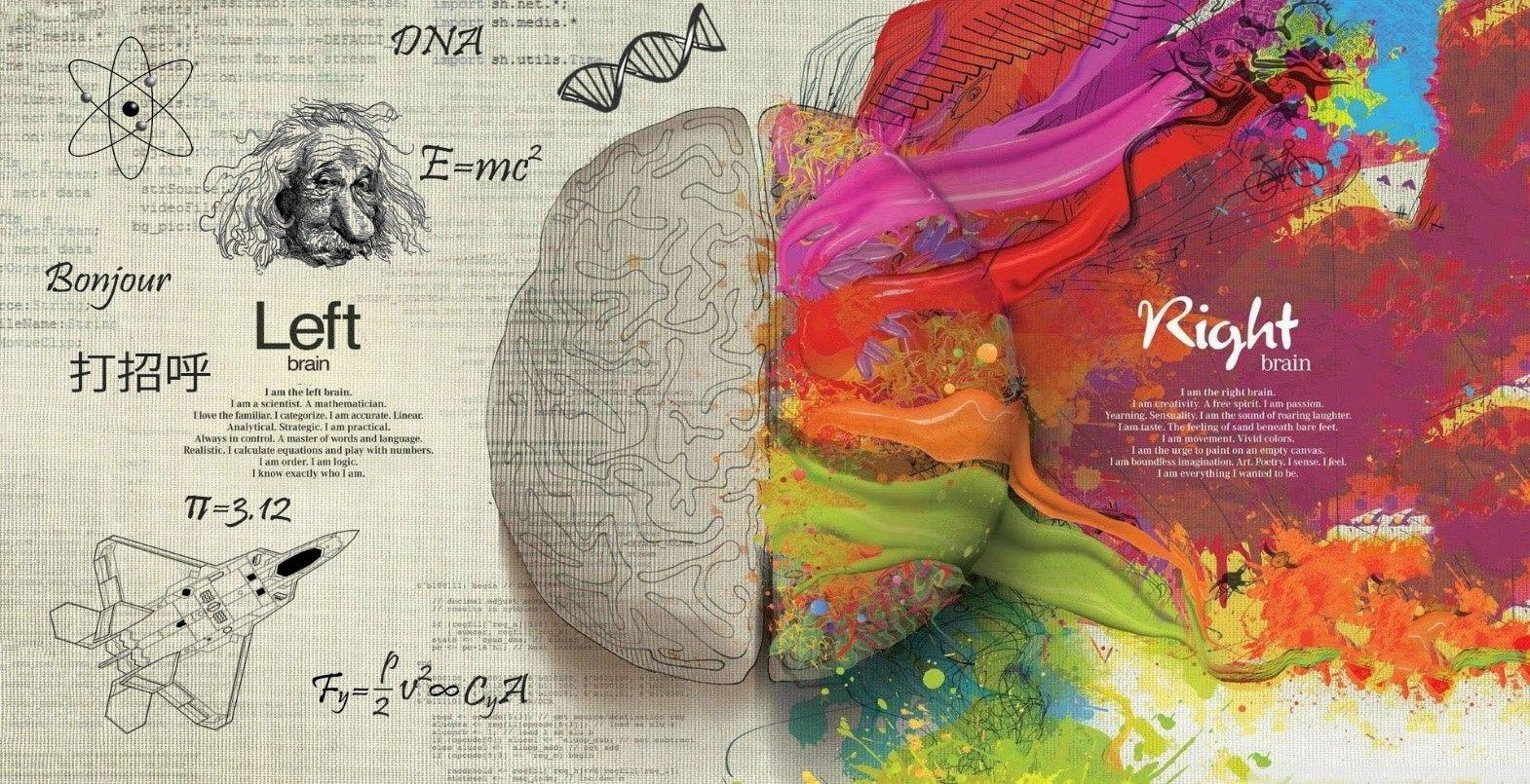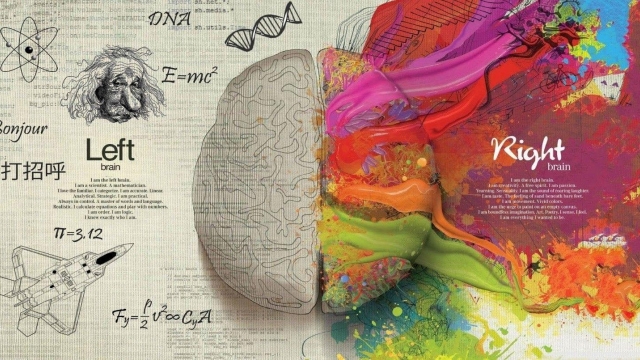
Welcome to the captivating realm of psychology, where the intricacies of the human mind become a playground for exploration and understanding. Delving into the depths of this complex field, we embark on a journey that unravels the enigmatic workings of human behavior, thoughts, and emotions. Psychology, the study of the mind and its processes, has long held a fascination for both scholars and curious minds alike. In this article, we invite you to join us as we dive into the multifaceted world of psychology, uncovering its fascinating intricacies and shedding light on the depths of human cognition and behavior. Let us venture forth, guided by the threads of curiosity, as we unravel the mysteries and unveil the intricacies of this captivating scientific discipline.
The History of Psychology
Psychology, the fascinating study of the mind and behavior, has a long and intriguing history. From its early philosophical roots to its emergence as a scientific discipline, the field of psychology has evolved significantly over the years.
In ancient times, philosophers like Socrates and Aristotle were among the first to ponder questions about the human mind and its connection to behavior. They explored topics such as perception, memory, and emotion, laying the philosophical groundwork for future developments in psychology.
The 19th century marked a turning point in the history of psychology with the establishment of the first psychological laboratories. Wilhelm Wundt, considered the father of experimental psychology, founded the first lab in Leipzig, Germany in 1879. Here, Wundt and his colleagues conducted experiments aimed at understanding the processes of sensation, perception, and consciousness.
The early 20th century witnessed the emergence of different schools of thought within psychology. Sigmund Freud, an Austrian neurologist, developed psychoanalysis, a theory that emphasized the significance of the unconscious mind and its influence on human behavior. Other influential figures, such as Ivan Pavlov and B.F. Skinner, focused on behaviorism, which emphasized the study of observable behavior and the role of conditioning in shaping it.
Clinical Psychology
The history of psychology is a captivating journey that has shaped our understanding of the human mind. From ancient philosophical inquiries to modern-day scientific advancements, psychology continues to reveal the complexities of our thoughts, emotions, and behaviors.
Key Concepts in Psychology
Cognition: Cognition refers to the mental processes involved in acquiring, perceiving, storing, and using knowledge. It encompasses various aspects such as attention, memory, perception, problem-solving, and decision-making. Studying cognition helps us understand how individuals interpret and process information, which in turn shapes their thoughts, behaviors, and emotions.
Behaviorism: Behaviorism is a psychological approach that focuses on observable behaviors rather than internal mental processes. It suggests that behaviors can be understood, predicted, and modified through the study of learning principles such as conditioning and reinforcement. Behaviorists believe that behavior is influenced by external stimuli and that individuals are shaped by their environment.
Motivation: Motivation refers to the internal and external factors that drive and direct behavior. It plays a crucial role in understanding why individuals behave the way they do. Motivation can be intrinsic, coming from within oneself, or extrinsic, stemming from external rewards or punishments. Studying motivation helps psychologists understand human desires, goals, needs, and the processes that initiate, sustain, and terminate behaviors.
Remember, this is just a glimpse of some key concepts in psychology. The field is vast and encompasses various theories, approaches, and methodologies aimed at unraveling the complexities of the human mind.
Modern Applications of Psychology
Psychology, the complex study of the human mind and behavior, has found a multitude of applications in the modern world. Through advancements in research and technology, psychologists have been able to apply their knowledge to various fields, bringing about positive changes in society.
One significant application of psychology is in the field of mental health. Understanding the complexities of the mind allows psychologists to diagnose and treat mental illnesses more effectively. By employing various therapeutic approaches and interventions, they can help individuals overcome challenges, manage their emotions, and improve their overall well-being.
Another area where psychology has made remarkable contributions is in the field of education. Through the application of psychological theories and methodologies, educators can better understand and meet the needs of diverse learners. By employing strategies like differentiated instruction and incorporating social-emotional learning, educators can create inclusive and supportive learning environments that foster growth and development.
Psychology has also made significant advancements in the field of marketing and consumer behavior. By studying human cognition and behavior, psychologists can help businesses understand consumer motivations and preferences. This knowledge enables marketers to design effective advertising campaigns and create products and services that cater to the needs and desires of their target audience.
In conclusion, psychology has found its place in various domains, bringing about positive changes in our modern society. Whether it’s in the realm of mental health, education, or marketing, the applications of psychology continue to shape our understanding of human behavior and pave the way for a better future.





